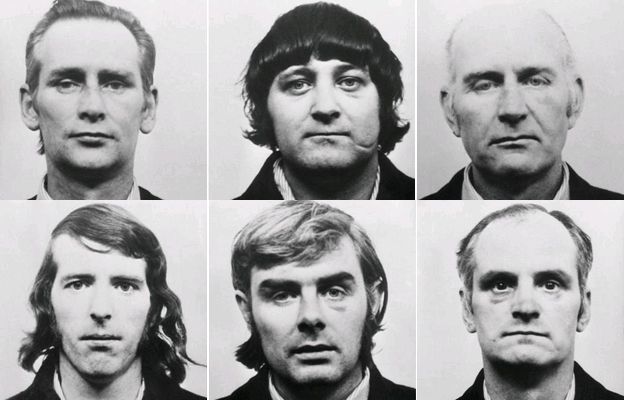
The BBC is continuing its pro-immigration propaganda with relentless messaging about the plight of Syrians fleeing Aleppo and now stranded in the cold, the mud and rain at the Turkish border….now of course everyone has sympathy with them and thinks we could help in someway….but the answer is not to import them all into Europe.
That is not the BBC’s narrative and they are constantly trying to raise the question asking if we are doing enough to help….and shouldn’t we allow in more refugees? By doing so, suggesting that we’re not doing enough.
The problem for the BBC is that they are finding it really hard to get callers on side with that narrative. On Thursday Rachel Burden was asking that question and it took 45 minutes or so before they got anyone who was remotely interested in allowing in some refugees…and even he was dubious about it. Then, joy of joys, they got what they wanted, a caller who was very definitely pro-immigration regardless of the consequences…he stated that numbers and figures meant nothing to him…unfortunately for the BBC he was a foam flecked fanatic who openly displayed his fanaticism…the BBC must have been rolling their eyes….he claimed it was inhumane, sick and insane to limit numbers due to financial or other fundamental reasons which meant that the country couldn’t cope with a large unflux…let ’em all in.
I think we had one more open the borders caller and that was about it…nearly everyone was against the idea…similarly when Anita Anand asked the same question on Any Answers? there was a distinct lack of callers saying we should bring them all here. Have to say Anand seemed pretty fair here and uncontroversial….which seems pretty unusual for her judging by Is the BBC biased’s analysis of her performances.
Burden on the other hand seemed intent on putting the pro argument a bit too strongly avoiding, dismissing, voices that reminded us that around one million migrants have already hit our shores in the last three years alone…and if it hadn’t been for that open door immigration policy perhaps ‘desperate’ (BBC’s favourite word) refugees could have found room here….Burden said that Worcester had only taken three refugees….but failed to list the number of immigrants that may have settled there putting increasing strain on infrastructure and resources….maybe 300 or 3000 refugees could have been homed had it not been for economic migrants.
Burden also told us of a small village in Germany that was ‘happily’ taking 80 refugees and giving them a big welcome…only that’s not true…there was a huge outcry about the imposition upon such a small village….why does the BBC insist in lying about that?
Why does she not mention this even worse reality?…
Guess you can fool some of the people all of the time, all of the people some of the time but not all the people all of the time. Thankfully.
The BBC is completely unconcerned about what you or I think, what the people not inside the Bubble think, they have an agenda and they push it remorselessly….they are openly campaigning against official government policy which is to help the refugees in-situ so that eventually they can return to Syrian and help rebuild the country and in the meantime remain in countries which have similar cultural and social makeups.
When the government is looking to stop charities from using money given by government to agitate against the government you might think they would take a similar stance with the BBC which uses money forcefully taken from the licence fee payers hands to peddle political and social ideas and policies that the majority don’t believe in. The BBC is in effect stealing people’s money to use as it likes to work against the interests of the people who were forced to give them the money. A very odd and iniquitous state of affairs.



